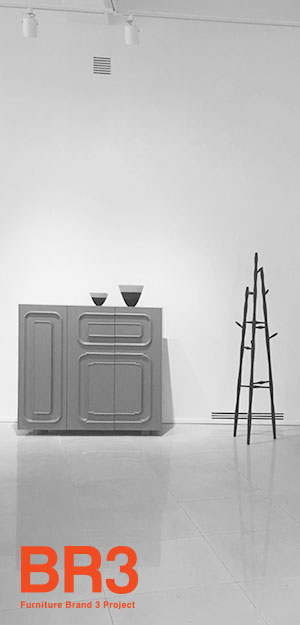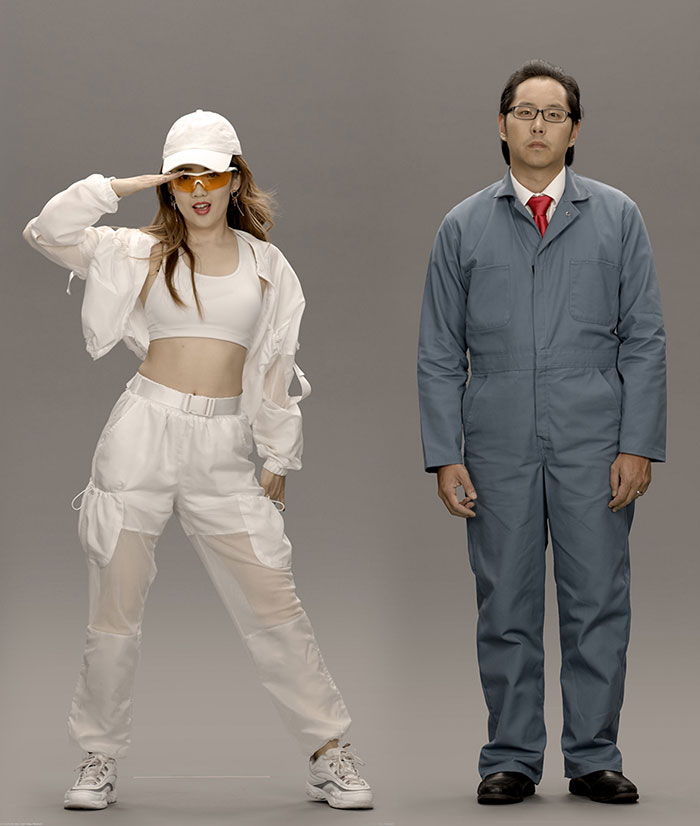
Star Labs, an innovation lab backed by Samsung, displayed its AI-powered lifeforms called Neons at CES in videos on giant TVs. At human scale, one is a yoga instructor who can help you perfect your downward-facing dog; another is a local news anchor who can deliver the news based on interests in your preferred language while a financial adviser Neon can help get your retirement plan in order.
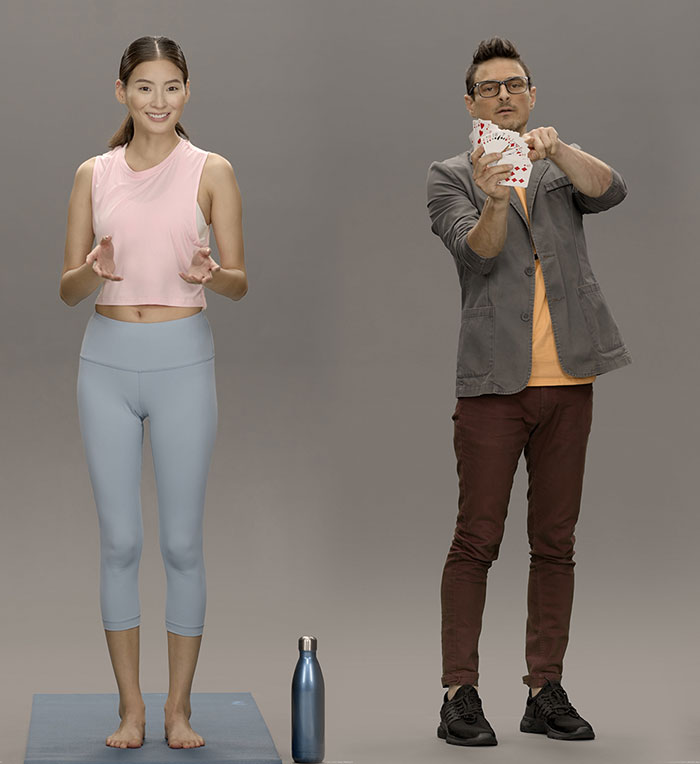
"The marketing rhetoric around the Neons is quite extreme at a time when AI generates lots of confusion and anxiety [with topics such as] humans replacing machines, AI ethics issues and deep fakes," said Thomas Husson, a principal analyst at Forrester Research. "But if they're able to successfully express emotions, they would help enhance interactions between consumers and brands, and more broadly humanize technology."
Despite Samsung's backing, Neon is not related to any Samsung products or its Bixby voice systems. A Star Labs spokesperson told CNN Business that Samsung knew few details about the concept ahead of its CES debut.

Neon plans to launch later this year but has not yet landed on a business model. Mistry said a subscription service is a possibility and it's also working to secure business partnerships.
The idea of a "digital species" is undoubtedly controversial. Big names in tech, including Elon Musk and Bill Gates, have warned about the development of powerful artificial intelligence. Gates called AI both "promising and dangerous." These concerns typically revolve around what's known as artificial general intelligence, or AI that can, for the most part, do the things a human can do.
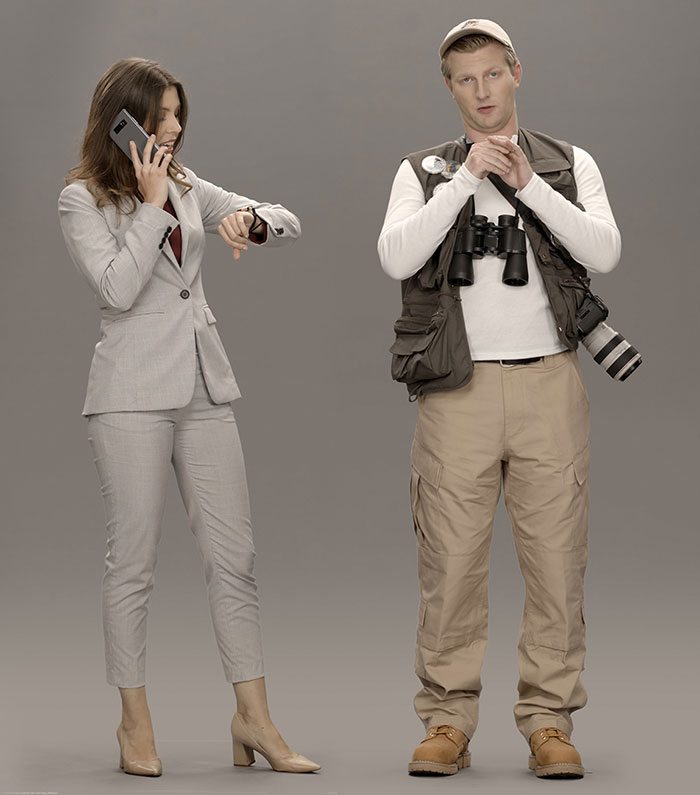
"As demonstrated by Neon, we are still very far from a commercially ready AGI solution," principal analyst Lian Jye Su of ABI Research said. "The best AI nowadays are narrow [ones] that performs singular tasks very well, such as the camera AI in our smartphones, the defect inspection camera AI on an assembly line, and the facial recognition AI in payment terminals."
According to Su, we should "always question the intention and financial rationale behind attempts to make artificial general intelligence a reality."
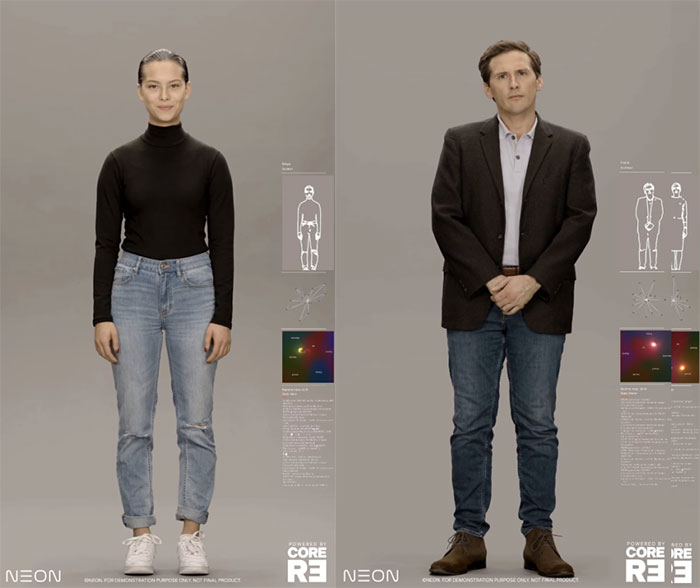
Other companies are developing AI that can better converse with us but without a human-like interface. Two years ago, Google showed off Duplex, which allows AI to make human-like phone calls, while Microsoft is growing its Cortana platform to be increasingly responsive.
Neon's concept also comes at a time when companies including Facebook (FB), Google (GOOG) and Amazon (AMZN) are working to gain back consumer trust after a series of data sharing scandals. In 2019, both Amazon and Apple were under fire for using third-party contractors to listen in and transcribe user requests made through their personal assistants. Putting a human-like AI in your home, one that learns your preferences for pizza, behaviors or finances, raises concerns about where intimate information could land.
"Our future can come without compromising our privacy," Mistry said. "And that is what we are designing -- an architecture [that makes sure] any interaction between you and your Neon or you and any Neon, no one has, including me, as a CEO of this company, access to that information."
NEON - OFFICIAL Logo Reveal
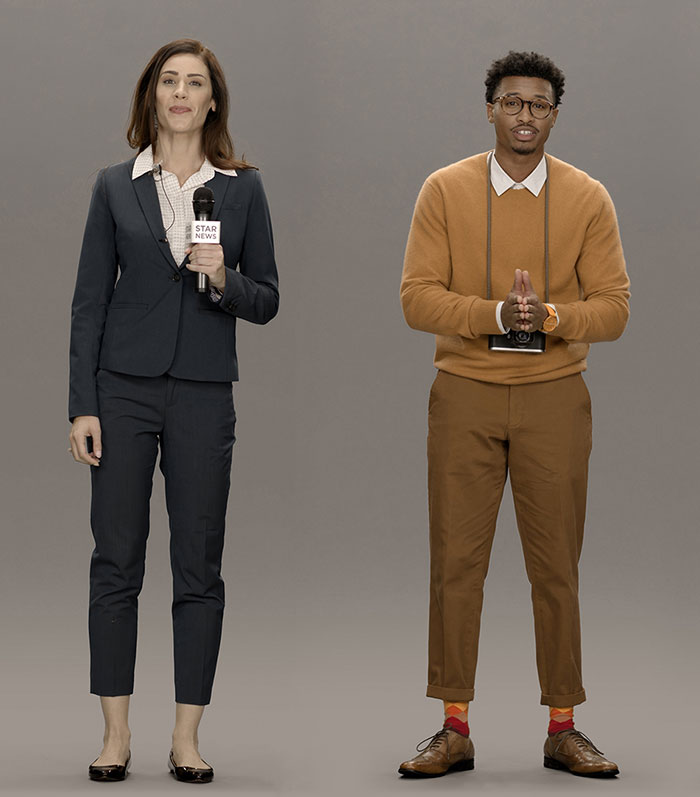
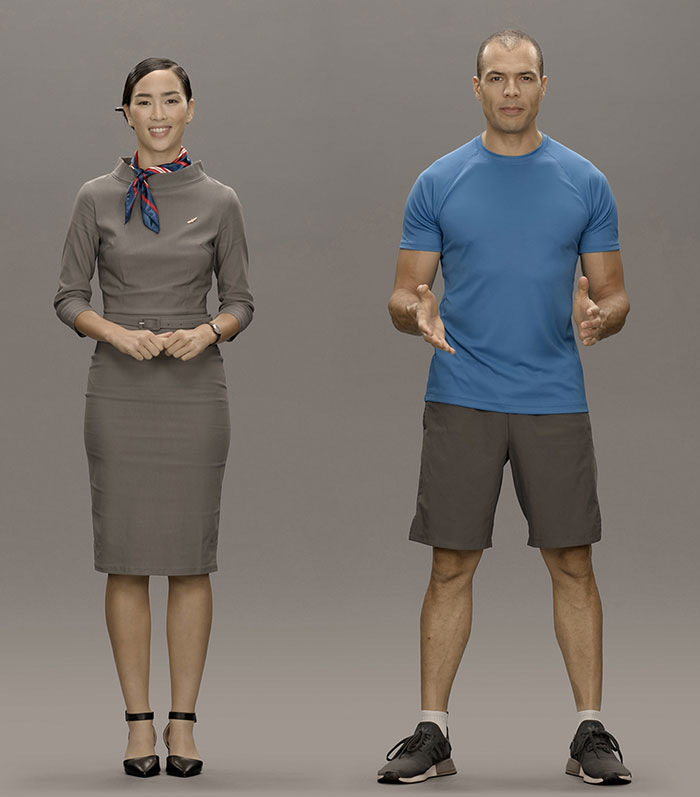
At this stage, a Neon remains a simulated human assistant that merely aims to give intelligent, human-like responses.
Neon life









